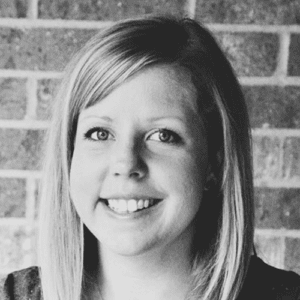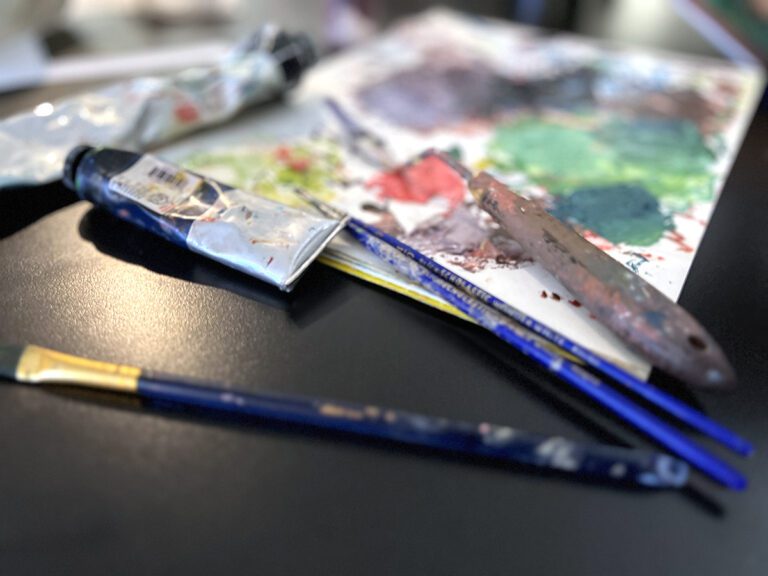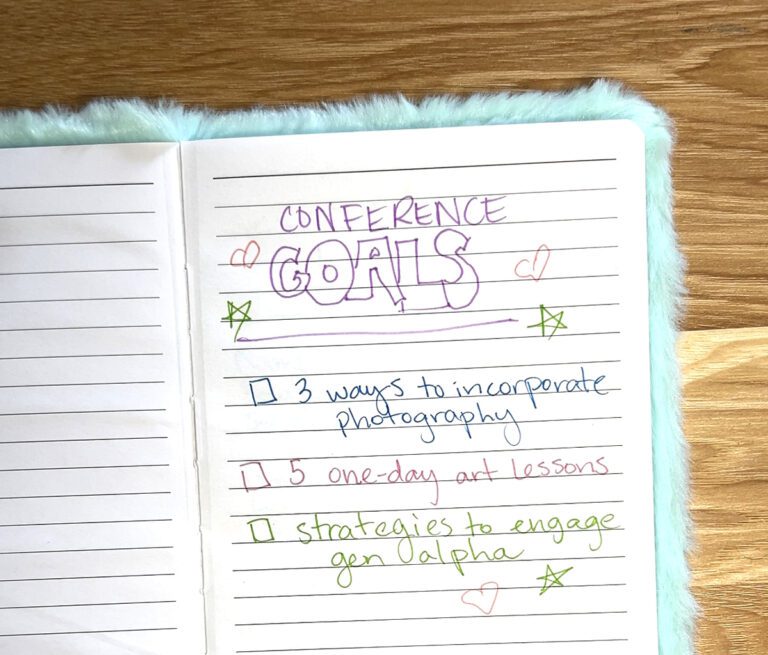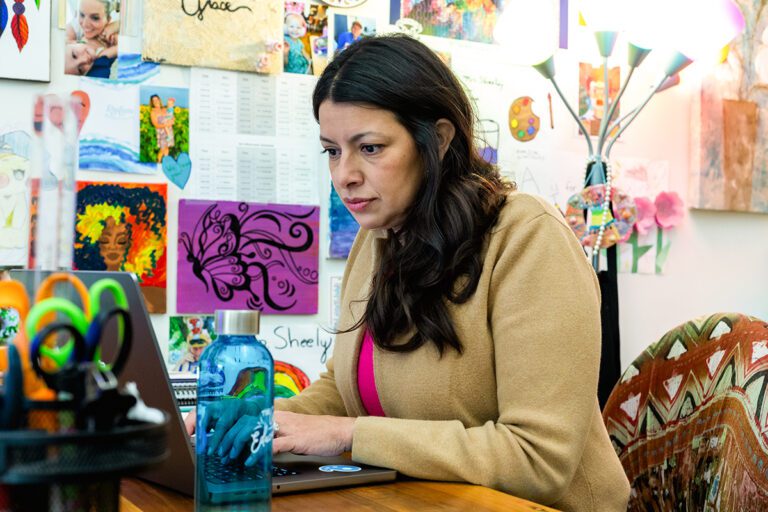Nothing can make a teacher more nervous than anticipating an administrator observation. The best way to ease these anxieties? Be prepared.
Here are some simple ways to plan ahead for your next observation.
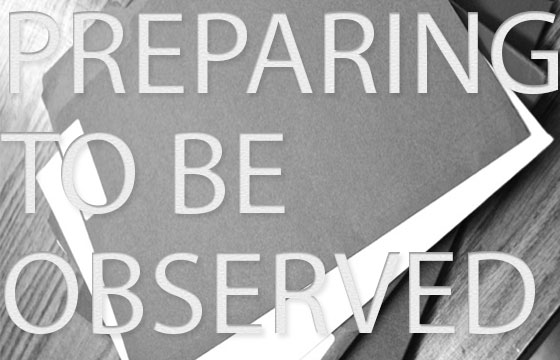
4 Tips to Help You Prepare for your Next Observation
1. Create an observation folder for your admin.
Context is key! You want your administrator to see how your observed teaching fits into the greater picture. The file should include your daily schedule, a copy of your classroom management plan, a copy of your classroom or district curriculum map, and your lesson plans for each class.
2. Suggest good times for the observation.
Of course, your administrator doesn’t have to take them, but they also probably don’t know why some classes might be more ideal for viewing than others. Perhaps one class is finishing up some weaving. There might not be ample instruction to observe there. Or, you may want to suggest they stop by during your most challenging class. It might sound crazy, but it could be a good opportunity to get some feedback and to problem-solve.
3. Don’t make major changes to your lessons or management.
Administrators already know that they are probably seeing you at your best, and they can tell when you are faking it. Be real, be natural. You want them to see what happens everyday so you can get authentic feedback. What good will feedback do, if it doesn’t apply to your everyday classroom?
4. Prepare some “look-for”s or questions of your own.
Your administrator will know that you are after real feedback and purposeful discussion if you say, “I’d like you to look for these three things during your observation.” For instance, I know that when I have such short classes I tend to rush through instructions and leave students a little wanting. I may ask my administrator to watch out for that. This way your observation can make a meaningful impact in your teaching.
How do you prepare for observations?
Magazine articles and podcasts are opinions of professional education contributors and do not necessarily represent the position of the Art of Education University (AOEU) or its academic offerings. Contributors use terms in the way they are most often talked about in the scope of their educational experiences.
